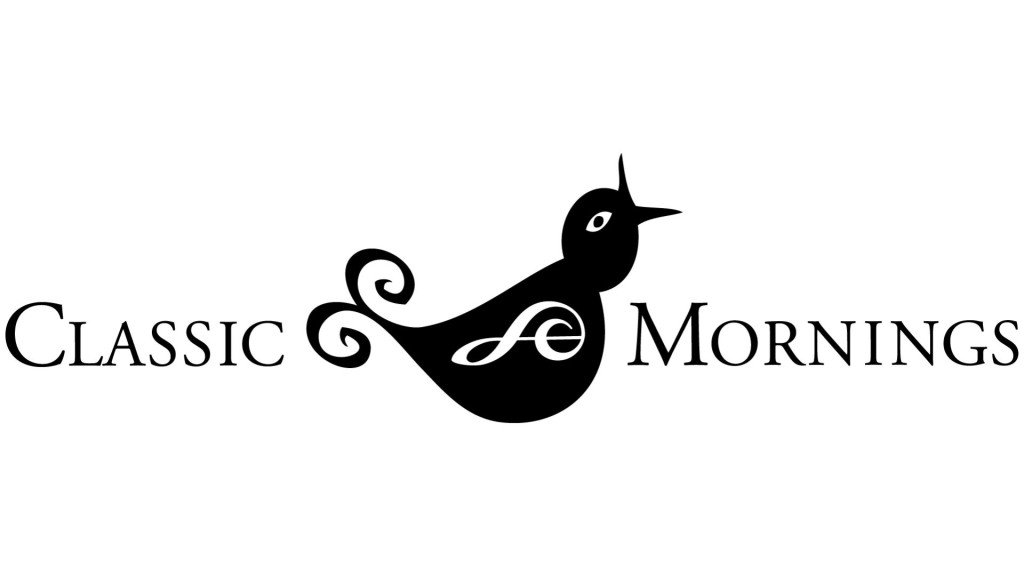Teeny Tiny Celli?

It’s not what the name might lead you to think. Oh, but don’t let that stop you from having a little fun while you’re being misled. For starters, imagine a piccolo that sounds like a cello or a cello that sounds like a piccolo.
Maybe you know that “piccolo,” besides being the name of a high-pitched flute, is the Italian word for “small” or “little.” So, when you see “violoncello piccolo,” imagine a small cello, much like a small flute. There are some very small cellos. I visited the websites of instrument makers who have a wide range of sizes to accommodate small children learning to play the instrument.
But that has nothing to do with the violoncello piccolo. It’s only slightly smaller than a full-size cello. As with flutes, piccolo refers to a higher pitch.
Mario Brunello has become a champion of the violoncello piccolo. He’s the only Italian cellist to have won first prize in the cello division of the International Tchaikovsky Competition. That was in 1986. In recent years, he’s been involved in a project to record the music of Bach with the early music ensemble Accademia dell’Annunciata (The Academy of the Annunciation).
Brunello remembers listening from the cello section of the orchestra to all that Bach gave violin soloists in his concertos. It made him want to make his cello sound like a violin and have the chance to be the soloist. The violoncello piccolo enabled him to do that. He was aware that Bach had turned to the expressive capabilities of the violoncello piccolo for some of his cantatas. Brunello is convinced that Bach would have welcomed transcriptions of his concertos for the countertenor sound of the piccolo cello.
Brunello’s most recent recording of Bach concertos just came into the Friends of WILL Library (Arcana 535). We also acquired his recording with the Accademia dell’Annunciata of works by Giuseppe Tartini, which was released a couple of years ago (Arcana 478).
Yes, Tartini was a violin virtuoso. But he wrote cello works for Antonio Vandini, a cellist who became a Franciscan Friar and a lifelong friend. Early on, they played in the same orchestra in Padua. Vandini also taught at the Ospedale della Pietà in Venice, where Vivaldi was a composer and teacher. It’s suggested by musicologist Margherite Canale in the recording notes that Vivaldi may have had Vandini in mind when he wrote some of his cello concertos. Brunello’s recording features not only Tartini’s works for cello and orchestra, but also the only surviving cello concerto by Antonio Vandini, and a cello concerto arranged from one of Tartini’s violin sonatas by one of his students..
Last week, cellist Raphael Wallfisch celebrated his 70th birthday. For years, I have been playing his recording of Tchaikovsky’s cello and orchestra arrangement of the song Legend:Christ Had a Garden (Anton Arensky used the tune in his Variations on a Theme by Tchaikovsky). The CD was recorded 40 years ago. It features Wallfisch and the English Chamber Orchestra conducted by Geoffrey Simon (Chandos 8347).
I didn’t know much about Rapahel Wallfisch’s musical roots. Years ago, I had taken the liberty of anglicizing his name. That turned out to be incorrect. And before last week, I hadn’t checked to see if he was related to Elizabeth Wallfisch, whose recordings I play. I learned that the Australian-born violinist is his wife.
Raphael Wallfisch was born in London. His father was the concert pianist Peter Wallfisch, who was born in Breslau, which was a part of Germany at the time, in the historic region known as Silesia. Today, it’s a part of Poland. His mother was born there too: cellist Anita Lasker-Wallfisch. She’s 97 and the last surviving member of the Women’s Orchestra of Auschwitz. She has said that being a member of that orchestra saved her life. Raphael and Elizabeth have three children, all of whom are musical. One is both a singer and a cellist.
Having played only the short Tchaikovsky piece over the years without knowing much about Raphael Wallfisch’s background, I simply associated him with that recording. The new bits of information added something to my appreciation of it. That’s what I always hope to do for listeners each morning. Here was another example that it works!
And I’m reminded that many people have been content with being just listeners for years. But some have discovered that even with a small contribution to WILL, they help make that music available to so many others in the community. Our fiscal year ends on June 30. That’s the deadline for raising the funds needed for the upcoming fiscal year. We’re getting closer to reaching our goal. If you’ve made a gift, thank you! If you haven’t yet, please consider doing that today. You may call 217-244-9455 or give online at willgive.org.
